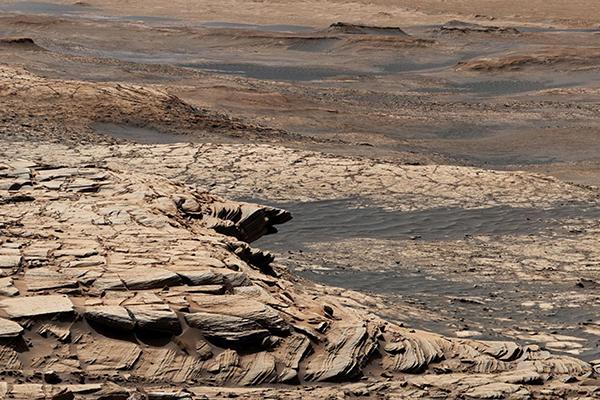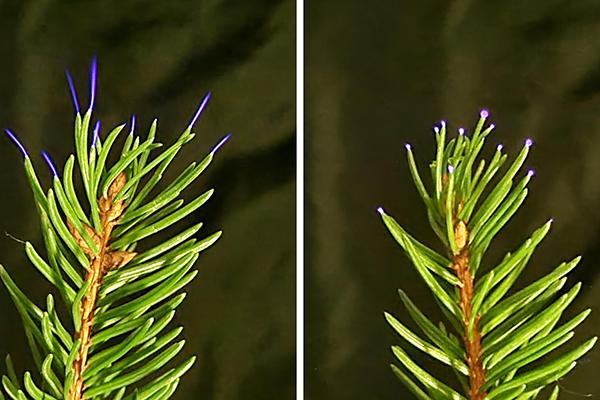Read the latest news about research conducted by investigators in the College of Earth and Mineral Sciences. Our faculty and students are continually advancing technology, creating solutions and expanding knowledge with new and innovative research.
News
Two Penn State researchers received a $1.5 million grant from the National Science Foundation through the Belmont Forum to study actual and perceived impacts of land abandonment on the sustainability of soil and water resources.
A new study may fill in gaps in understanding public perception toward prescribed burns in the U.S. Mid-Atlantic, where these fires are increasingly used, according to scientists.
A recently released set of topography maps provides new evidence for an ancient northern ocean on Mars.
Jenn Baka, associate professor of geography at Penn State, received a National Science Foundation Faculty Early Career Development Program (CAREER) Award to examine a new cracker plant’s impact on humans’ relationship to the environment and environmental policymaking.
When thunderstorms rumble overhead, weak electrical discharges — called corona — can occur on tree leaves. A new study found coronas create large amounts of atmospheric chemicals that could impact air quality around forests, according to a team of Penn State scientists.
Coastal cities such as Baltimore expect to see increased impacts of climate change, such as severe flooding, heat stress and increased energy consumption, particularly in low-income communities.
Computer games are an effective way to teach ecological issues and build pro-environment policy support, according to published research by an interdisciplinary group of Penn State scholars.
Farmers in the Midwest should care about the saltiness of ocean water thousands of miles from their fields, according to a team of scientists.
Penn State has named Corning Inc., one of the world's leading innovators in materials science, as its 2022 Corporate Partner of the Year.
Pennsylvania has one of the highest rates of opioid overdose in the nation, and, according to Penn State researchers, one’s chances of surviving that overdose can depend on where the person lives.












